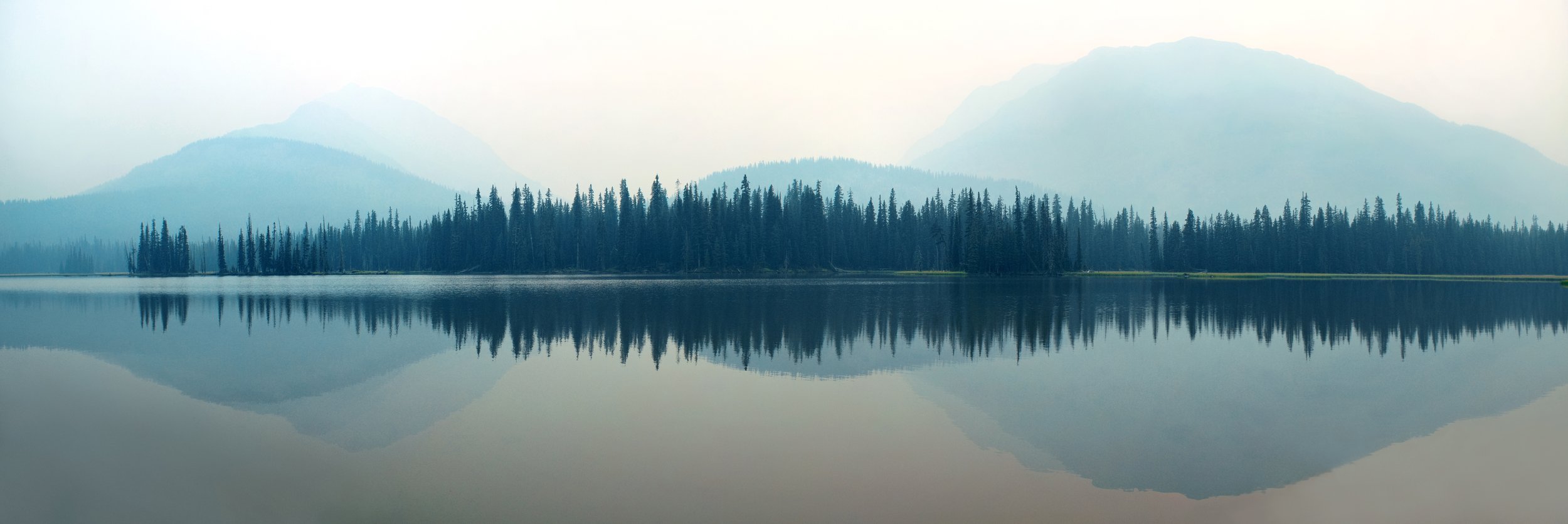
Zebra and Quagga Mussels
Invasive Mussels Cause Significant Damage to Freshwater Habitats and Ecosystems
Zebra and quagga mussels are rapidly inflicting millions of dollars in damage across power plants, drinking water systems, golf courses, and natural waterways. Their presence also disrupts ecosystems by filtering out algae that native species rely on for food.
What are they? Zebra (Dreissena polymorpha) and quagga (Dreissena rostriformis bugensis) mussels are invasive freshwater mollusks wreaking ecological and economic havoc across North America and Western Europe. Quagga mussels, in particular, are known for their adaptability and high reproductive rate, making them a serious concern for biologists, ecologists, and water resource managers.
Invasive Quagga and Zebra mussels
Extent and Impact of Infestation
Zebra and quagga mussels are rapidly invading freshwater systems, causing ecological destruction and billions in economic damage. Initially introduced into the Great Lakes, these invasive mollusks have since spread across the United States, Canada, and Western Europe, infiltrating lakes, rivers, reservoirs, and water infrastructure. Their adaptability and fast reproduction allow them to thrive in a range of environments.
These mussels outcompete native species by filtering algae and plankton from the water—essential food sources for other aquatic life. Native mussels become smothered as zebra and quagga mussels attach to their shells. Entire lake bottoms are colonized, resulting in increased water clarity, which may sound beneficial but can lead to harmful algal blooms and oxygen depletion, further harming fish populations.
Their presence damages boats, clogs intake pipes, reduces water flow, and drives up maintenance costs at power plants, drinking water facilities, golf courses, and irrigation systems. Sharp shells litter recreational beaches, damaging the appeal and usability of lakes. Historical structures, like shipwrecks, are destroyed by heavy infestations. Regions have even been quarantined to prevent the spread. The scale of this problem requires immediate and effective management strategies.
Status of a Solution
Zequanox is an environmentally friendly solution designed to combat zebra and quagga mussel infestations. It uses a naturally occurring, non-living microorganism—Pseudomonas fluorescens strain CL145A—that selectively targets these invasive mussels when ingested. This biological treatment is safe for native species, does not corrode pipes, and avoids the environmental harm associated with chemical methods.
A single six-hour treatment with Zequanox can eliminate 90–100% of mussels. Higher doses target adults, while lower doses control larvae. The product remains effective in cold water temperatures down to 4°C.
Zequanox is currently registered for open water and pipe treatments in all U.S. states except Hawaii and California, where it’s approved for pipe use only. It’s also registered for hydropower use in Canada, with plans for broader approval across both countries and in Europe.
The Invasive Species Corporation is actively developing next-generation Zequanox formulations in collaboration with the U.S. Geological Survey. These efforts aim to expand treatment capabilities for large water bodies and environmentally sensitive areas, offering a scalable and sustainable solution to this widespread threat.


